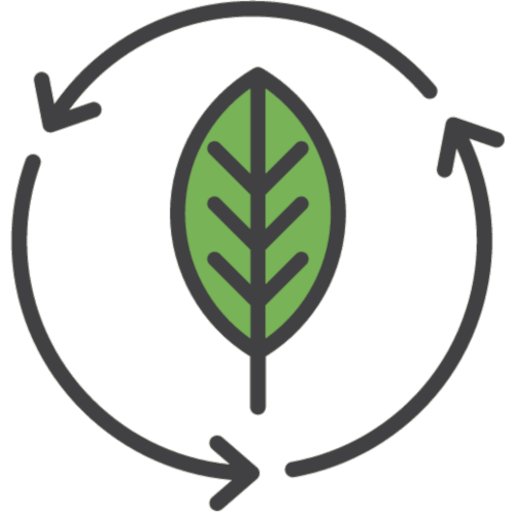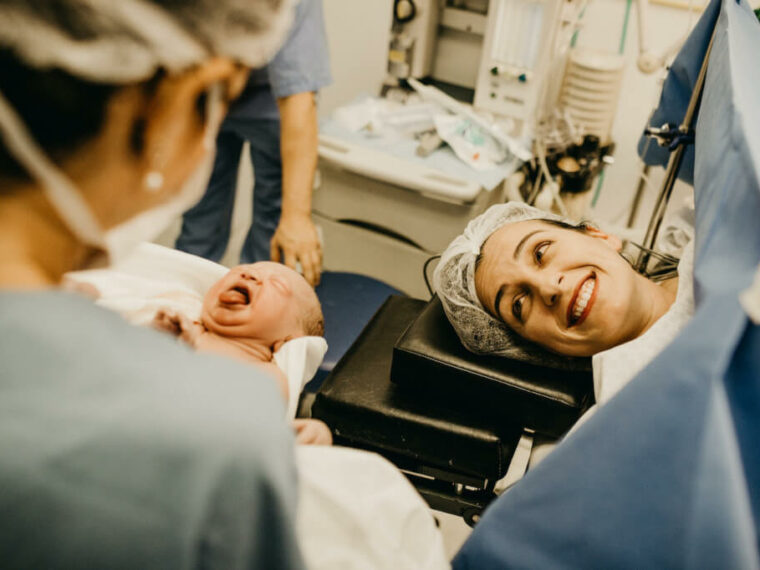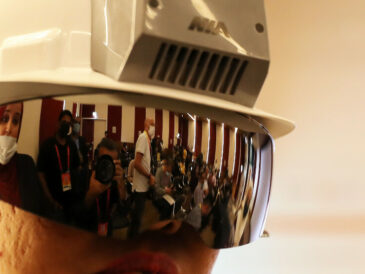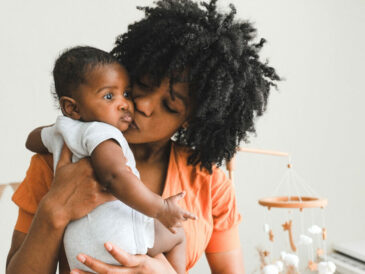The Constitution of South Africa ensures that children have the right to fundamental medical services. These services must be readily available, easily accessible, socially acceptable, and of high quality. In South Africa, the administration of healthcare is handled by the National Department of Health, and the country’s public and private healthcare systems function concurrently.
The Nelson Mandela Children’s Hospital (NMCH) South Africa is home to some of the continent’s most advanced medical facilities, including the NMCH. According to the findings of the 2020 Global Healthcare Index, the country’s healthcare system comes in at number 49 out of 89 countries. The most populous urban areas feature a diverse selection of first-rate private hospitals and practitioners of many medical specialties.
Even though it serves only 16 percent of the population, the private sector is responsible for more than half of the total amount spent on healthcare in the country. This is due, in part, to the comparatively high cost of healthcare in the private sector as well as the high levels of income inequality. The remaining section of the population is served by the public sector, and a sizable percentage of them take advantage of free primary care that is provided by clinics staffed by registered nurses.
The healthcare system in South Africa is currently in the process of experiencing a big transition, which will have an impact on the healthcare that is provided to children. In 2017, a National Health Insurance, abbreviated as NHI, was mandated in South Africa as a solution to the problems plaguing the country’s healthcare system, which includes the public as well as the private sectors. Its mission is to furnish all citizens and long-term residents of South Africa with access to vital quality healthcare services. This includes youngsters, irrespective of their families’ economic circumstances.
It is now being implemented in ten pilot districts, including OR Tambo in the Eastern Cape, Gert Sibande in Mpumalanga, Vhembe in Limpopo, Pixley ka Seme in the Northern Cape, Eden in the Western Cape, Dr. Kenneth Kaunda in the North West, Thabo Mofutsanyane in the Free State, and Tshwane (Gauteng). The NHI will be financed through general taxation.
How to Get Your Child Into a Reputable Medical Facility
In South Africa, the public healthcare system is open to all citizens. However, its primary beneficiaries are people who do not have the financial means to purchase private health insurance. The majority of people who live abroad get private health insurance to ensure they have access to the greatest medical treatment.
Several reputable hospital chains in South Africa’s private healthcare sector are capable of providing excellent medical treatment. Those living abroad can anticipate well-trained staff members who are fluent in English as well as modern equipment that is housed in pleasant surroundings. However, because of the high cost of hospital stays, it is essential to have adequate health insurance. The expense of private healthcare, in general, is high. As a result, it is highly recommended that ex-pats sign up for private health insurance through a medical aid program so that they can protect themselves financially.
Find Out More Information on Obtaining Health Insurance
As of August 2021, South Africa has more than 80 different medical plans, each of which provided coverage to more than eight million people. When it comes to picking a plan that satisfies the needs of their family in terms of medical care, it goes without saying that parents are spoiled for choice. Having said that, the majority of these medical aid programs do not permit children younger than 18 years old to be the primary members of a medical insurance policy. Instead, they are reliant on their parent’s plan, which is responsible for covering the costs associated with their healthcare. However, children are not necessarily covered for free under the insurance held by their parents and are typically responsible for paying their rates. The following are examples of some of South Africa’s most prominent private health insurance companies:
- Allianz Care
- Bonitas Cigna
- Global Discovery Health
- Globality Health
When dealing with common health issues, one should start with their family doctor or general practitioner (GP). Although it is possible to go directly to a specialist without a reference, they may choose to send patients to a specialist if they feel that it is necessary to do so.
Once you have medical insurance in place, you can begin the process of registering your child with a general practitioner in the private sector. The specifics of your health insurance will, of course, determine the scope of your coverage. In the public sector, on the other hand, healthcare for children is provided for free, and it is included as a component of the more comprehensive free healthcare that is provided at clinics, community health centers, and hospitals. The only people who are exempt from this rule are children and women who have access to medical help or medical insurance, as well as people who come from households that have an annual income of more than R100,000.
It is important to note that the only kind of facility run by the public sector that requires any sort of payment in public hospitals. A sliding scale that takes into account the total annual income of the patient’s family is used to establish the minimum amount of money that must be paid for hospital treatments.
Children older than six who don’t have special needs, individuals who are covered by medical aid or medical insurance, and/or anyone who lives in homes that earn more than R100,000 per year are among the demographics that are required to make payments for hospital services provided by the public sector.
Access to treatment for non-residents of South Africa Refugees, asylum seekers, and undocumented migrants who are from countries that are members of the Southern African Development Community (SADC) and who require hospital care are treated in the same manner as South African citizens. This indicates that they will have to submit themselves to the means test that is administered to people in South Africa to establish the amount of money that they are responsible for contributing toward their medical care.
On the other hand, undocumented people from countries outside of SADC who attend hospitals are required to pay the full fees as outlined in the national schedule. The exceptions to this rule are women who are pregnant or breastfeeding, children under the age of six, and women who are seeking an abortion.
Kids Have Access to a Private Healthcare System
If you are considering including your child or baby in your existing medical aid plan, there are a few benefits that should already be in place before you do so. In an ideal world, you would have comprehensive in-hospital coverage in the event of a medical emergency, coverage for day-to-day pediatrician visits and medicine, as well as coverage for fundamental dental and optometric care. In this situation, it is preferable to hunt for the greatest benefits at the most affordable price, without compromising the quality in any way.
Your medical aid plan will allow you to add your newborn child as a dependent as soon as he or she is born if you choose to do so. After that, we shall start covering them right away. Within the first thirty days, after the baby is born, parents can request to have their child joined to their medical plan so that there are no waiting periods for coverage. If you enroll your infant after this time, your child might have to wait before becoming eligible for some benefits.
It is dependent on both the medical scheme and the plan that you are enrolled in as to how long your children can continue to be beneficiaries of your medical aid. Having said that, all plans are required to provide coverage for dependent children at the kid rate until the child reaches the age of 21. After that point, on the other hand, the program will be able to begin charging the adult-dependent rate.
Keeping this in mind, it is in your best interest to address the particular medical requirements of your family with the broker who handles your family’s medical aid. They should be able to guide the benefits you would require as well as assist you in determining which choice is most suitable for your family.
Because South Africa has a two-tiered healthcare system, it is possible for children to obtain medical care either through a private, for-profit medical insurance plan or (for the most part) for free from the government. As was stated, the amount of any payments is determined according to a sliding scale that is based on the household’s income.





